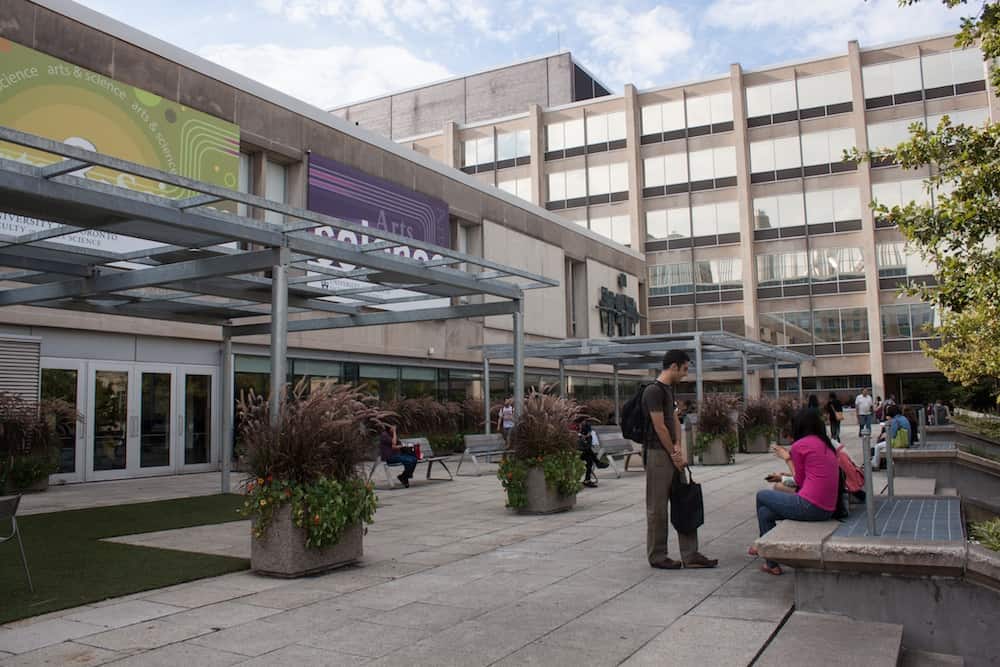A review that sparked a highly publicized fight three and a half years ago is once again working its way through the university bureaucracy. The external review of the Faculty of Arts & Science happens every four years. During the last round, the reviewers recommended eliminating the Centre for Ethics, and the Centre for Diaspora and Transnational Studies, and amalgamating seven other programs into a single school of Languages and Literature.
Following push-back from faculty and criticism in the media, the university did not implement the changes — although some small cost-sharing initiatives were implemented, such as the French and German departments sharing a business office.
The Curriculum Review and Renewal (CRR) Committee is composed of students, staff, faculty, and alumni. They will provide a set of recommendations to the Faculty about how to improve the quality and effectiveness of the undergraduate curriculum. The interim dean will then discuss these proposals with various members of the university community. Their decisions will be announced publicly this spring.
Although much of the review’s work remains to be done, so far it looks as if the changes proposed will be less significant than last round.
“Typically, the curriculum review and renewal is an opportunity to strategically plan where the Faculty [of Arts & Science] wants the programs to go,” said Shawn Tian, president of the Arts and Science Student Union (assu). “The faculty has to balance between undergraduate and graduate students. They have to consider practical programs for job-hunting students as well as courses for those interested in grad school.”
Raymond Carlberg, undergraduate associate chair of the Astronomy program, explained that programs commonly use the CRR to improve their courses. “We use [the CRR] as an opportunity to freshen up our courses and bring them into better alignment with the learning outcomes that the Faculty of Arts & Science expects to see.”
Other programs use the review to modify enrollment standards. Tamara Ferguson, Undergraduate Administrator for Psychology, commented that Psychology will change into a Type 2 Limited program by the 2014—15 academic year “to offer students an even better educational experience through smaller course sizes, quality teaching, and more research opportunities.”


